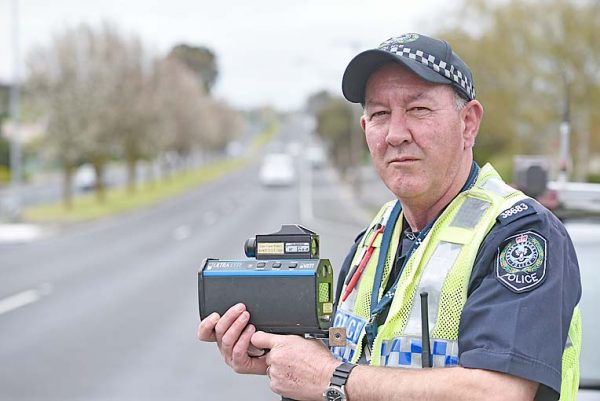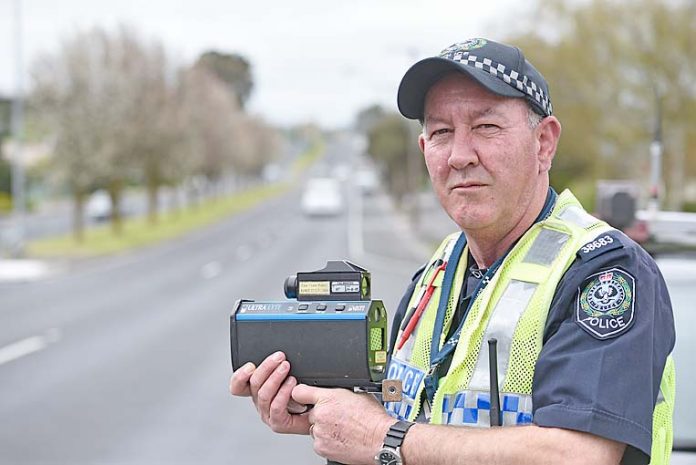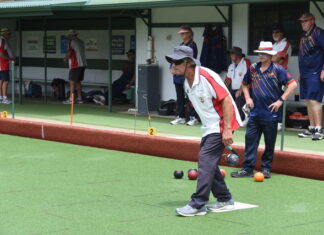
Picture: SANDRA MORELLO
THE withdrawl of hand-held speed cameras by the South Australian Police (SAPOL) has led to Police Minister Corey Wingard announcing he will introduce a new bill to amend a section of the Road Traffic Act 1961.
SAPOL yesterday announced the withdrawal of the devices, commonly called Lidar units, as a result of a legal issue applicable to court prosecutions.
Police said the devices would not be re-instated until legislation can be amended to resolve the legal issues with regard to evidence certificates.
In July this year, the Supreme Court decided in three cases the presumption allowing the certificate to be used in court had been contradicted
Police say the problem is created by the way the legislation is currently expressed.
Mr Wingard responded swiftly by rising in parliament yesterday to explain the current issue faced by police.
“The Supreme Court decided in three specific cases the presumption allowing the certificate to be used in court had been contradicted and therefore South Australia Police was not allowed to use the evidentiary certificate as proof the device was accurate and had been tested before its use,” Mr Wingard said.
“The cases deal with a complex legal question about how speeding charges based on detection by laser speed devices are proven in court to the degree the court can be satisfied beyond reasonable doubt the person’s vehicle was travelling at the speed at which police allege it was.”
Mr Wingard said he had been informed by police the only resolution would be a change to the legislation.
As a result, he announced a bill would be introduced to amend the current legislation at the next State Parliament sitting.
“This amendment will bring South Australia into line with interstate jurisdictions,” Mr Wingard said.
“I urge all members … to support the smooth passage of this bill.
“This is an issue of community and road safety importance and what we need to do here is have that as a primary consideration.”
Prosecution Services Branch officer in charge Superintendent Stuart McLean said there was no reason to question the accuracy of the laser devices.
He said the court decisions relate specifically to evidentiary practices in prosecuting Lidar offences.
As a result, police have withdrawn 125 prosecutions currently before the courts.
Any person who has been issued with an expiation notice from a police officer who they believe was using a Lidar device can apply for a review.
While the devices will not be used to enforce speeding offences until the legal situation is resolved, other options are available to ensure SAPOL continues its road safety focus.
“Motorists would be unwise to think this decision creates any gap in our attention to road safety, or shortfall in enforcement,” Superintendent McLean said.
“We will continue to use other well-established speed detection options – hand-held radar devices, plus fixed and mobile speed cameras.”








